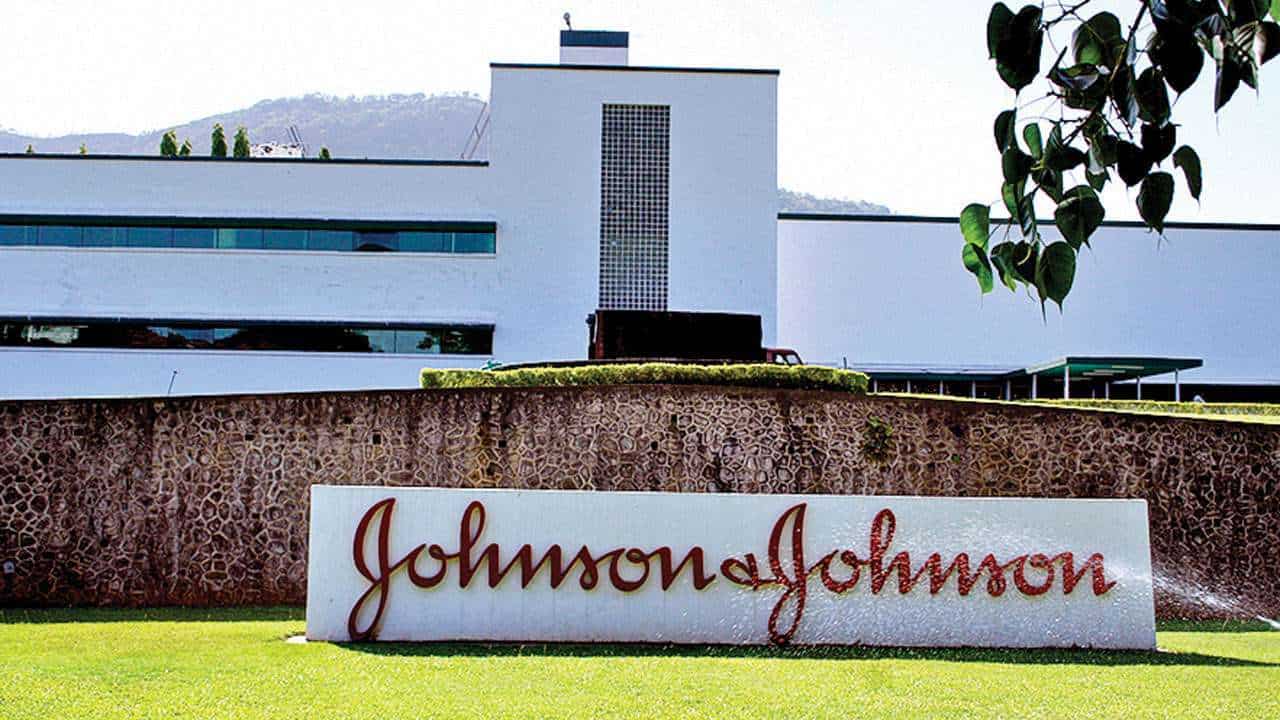New Delhi, India–India’s Patent Office rejected on Thursday US pharmaceutical giant Johnson and Johnson’s application to extend its patent on a key tuberculosis treatment, allowing local companies to make cheaper generic versions.
India accounted for nearly 29 percent of 10.6 million tuberculosis cases worldwide, according to the World Health Organization’s (WHO) 2022 Global TB report, a major public health problem as it struggles with drug-resistant strains.
Johnson and Johnson had applied to extend its patent on the drug bedaquiline until 2027 after it was challenged by two tuberculosis survivors in Mumbai in 2019.
The survivors, Indian Nandita Venkatesan and Phumeza Tisile from South Africa, launched their challenge as part of a campaign to make the drug more affordable.
In response, Johnson and Johnson applied to extend its patent beyond 2023.
Assistant Controller of Patents and Designs Latika Dawara ruled against that application on Thursday, saying it did not meet the requirements of India’s Patent Act.
Johnson and Johnson was not immediately available for comment after the ruling.
In 2020, Johnson and Johnson announced it was cutting the price of bedaquiline tablets, made available to the Stop TB Partnership in around 135 low- and middle-income countries, to $340 from $400 for a six-month treatment course.
The medical charity Doctors Without Borders (MSF) welcomed that decision at the time but said the price should come down further and be extended to more countries.
Bedaquiline, sold under the brand name Sirturo, was approved for medicinal use in the United States in 2012, becoming the first new tuberculosis drug in 40 years to be given the green light.
The patent office’s decision will likely open the way for Indian manufacturers to start work on generic versions of the drug once the primary patent expires in July.
Many such manufacturers have already expressed an interest in supplying the drug at more affordable prices under the WHO’s pre-qualification programme.
MSF welcomed the ruling.
“(We) urge generic manufacturers to use this opportunity to enter the market and produce and supply quality-assured generic versions of the lifesaving TB drug bedaquiline without the fear of litigation hanging over their heads,” Ilaria Motta, tuberculosis medical adviser for the MSF Access Campaign, said in a statement.
Venkatesan told AFP in January bedaquiline had become the “backbone” of most tuberculosis treatments, especially for those suffering severe, drug-resistant cases.

